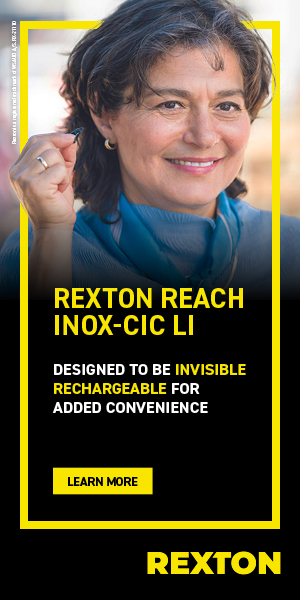BERKELEY, Calif.-- A study conducted at The Listening Center at Johns Hopkins University Department of Otolaryngology found that children who have cochlear implants made significant improvements in language and auditory processing abilities using the Fast ForWord Language™ program developed by Scientific Learning Corporation (Nasdaq: SCIL).
According to a report of the study published in the December 2000 Annals of Otology, Rhinology & Laryngology, Supplement 85, 'Cochlear implantation has become an established option for (re)habilitation of profound deafness in children. Given uniform auditory thresholds after implantation, children still demonstrate a wide spectrum of performance in language acquisition and speech development. Professionals working with children who have been fitted with implants must identify effective strategies for addressing the significant auditory perceptual, speech, and language needs of this
population.'
Johns Hopkins researchers Betty Schopmeyer, MA; Nancy Mellon, MS; Hyla Dobaj, MS; Ginger Grant, MS; and John K. Niparko, MD trained 11 children on Fast ForWord Language. The children had an average age of 7 years 6 months and an average length of implant experience of 2 years 5 months. According to the report, prior to the 8-week training, 'The subjects displayed no significant handicapping conditions other than language and auditory deficits associated with their hearing loss.' After the 8-week training, the children showed consistent post-test benefit on standardized measures of language and auditory processing abilities.
The children were pre- and post-tested using standardized measures commonly used by speech and language professionals: the CELF-Pre, the CELF-3, the TAPS-R, the Token Test for Children, the ACLC, and the PhAT. The skills tested included performance in auditory memory, discrimination, receptive grammar and syntax, phonological awareness, and following directions.
In addition to objective measures, the parents of the children studied were asked to complete a 45-item survey of perceived changes in communication skills after the training. Improvement was noted on 83 percent of the survey items, which dealt with receptive, expressive, and pragmatic language skills.
'We are pleased to see independent research on both the efficacy and practical use of Fast ForWord training for a range of cochlear implant users,' said Dr. Steven Miller, Senior Vice President Outcomes Research for Scientific Learning. 'It's exciting to see that Fast ForWord is one of the programs being used to deliver effective auditory and language skill training at the Listening Center.'
For more information on the Listening Center at Johns Hopkins, an internationally recognized leader in the research and rehabilitation of individuals with cochlear implants, visit https://www.thelisteningcenter.com, or for a copy of the study, visit https://www.annals.com/2000/Dec2000contents.htm.
The Fast ForWord system of language and reading programs, based on breakthroughs in brain research, fosters rapid progress by employing patented technologies to provide an optimal learning environment that trains the brain in key skills and continuously adapts to each student's changing skill level.
Headquartered in Berkeley, California, Scientific Learning offers CD-ROM and Internet programs developed by leaders in brain research. The Company's Fast ForWord system of intensive computer-based training programs for language and reading 'train the brain' to learn faster. These training programs use patented technologies to adapt to each student's skill level, allowing students of all ages to make gains in language and reading in just weeks, rather than years. Educators can use the Company's patented Internet technologies to track students' progress. Other Scientific Learning products include award-winning software and storybooks for building early learning skills and rapid assessment of reading skills, and ReWord™, a training program for adults to use to improve their language and organizational skills.
BrainConnection.com is a Web resource from Scientific Learning that offers the latest news on how the brain learns. To learn more about Scientific Learning's family of neuroscience-based products, visit the Company's Web sites at https://www.ScientificLearning.com and https://www.BrainConnection.com, or call toll-free 888-665-9707.
This press release contains forward-looking statements that are subject to the safe harbor created by Section 27A of the federal securities law. Such statements include, among others, statements relating to results achievable through the use of the Company's products. Numerous risks and uncertainties could cause actual results to differ materially. These risks and uncertainties include how the programs are actually administered, which students participate and other demographic and educational factors, as well as other risks detailed in the Company's SEC reports, particularly the Report on Form 10-K filed on March 28, 2000 (Part 1, Item 1, Risk Factors and Part II, Item 7, Management's Discussion and Analysis) and the Report on Form 10-Q filed November 14, 2000 (Part 1, Item 2, Factors that May Affect Quarterly Results of Operations).

